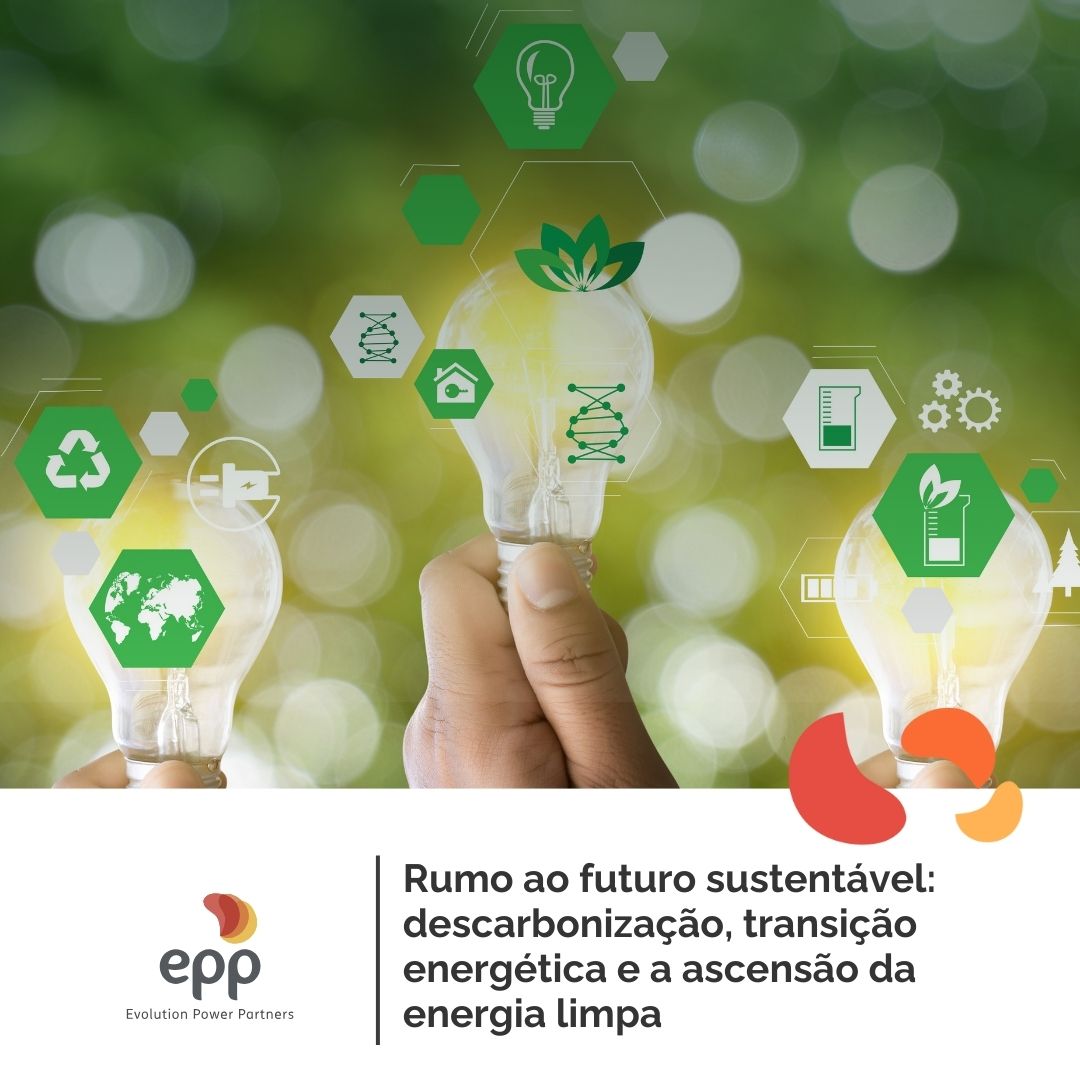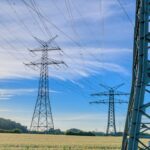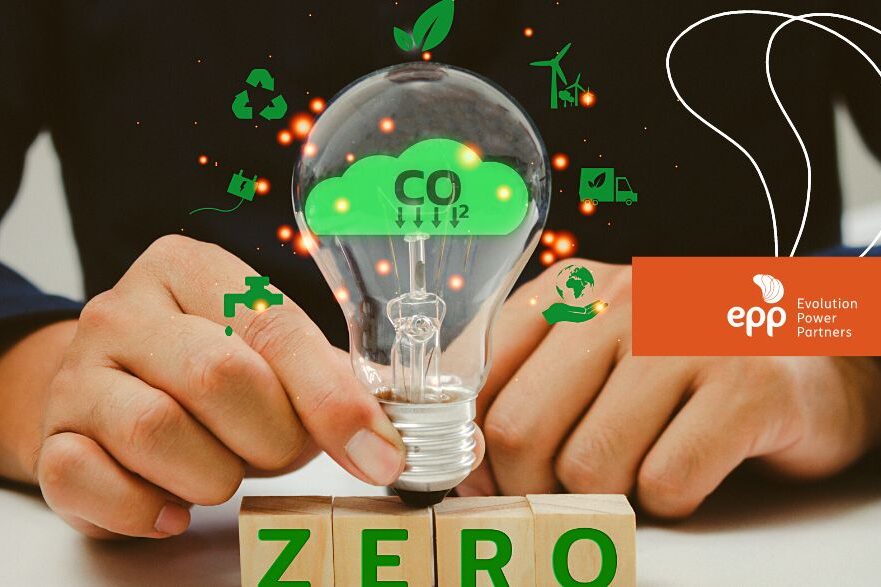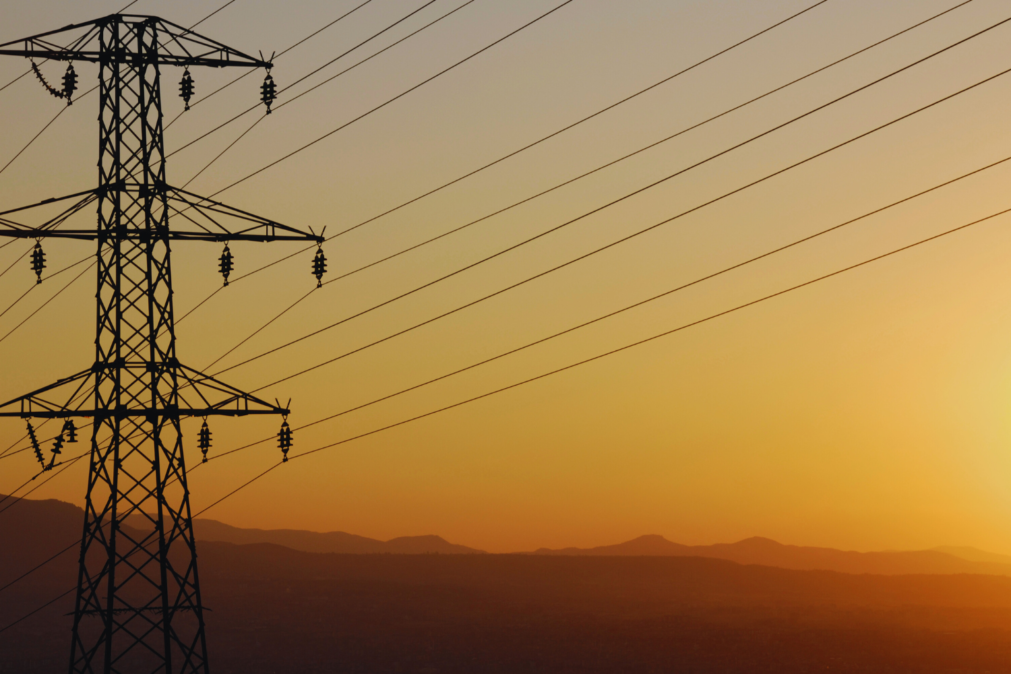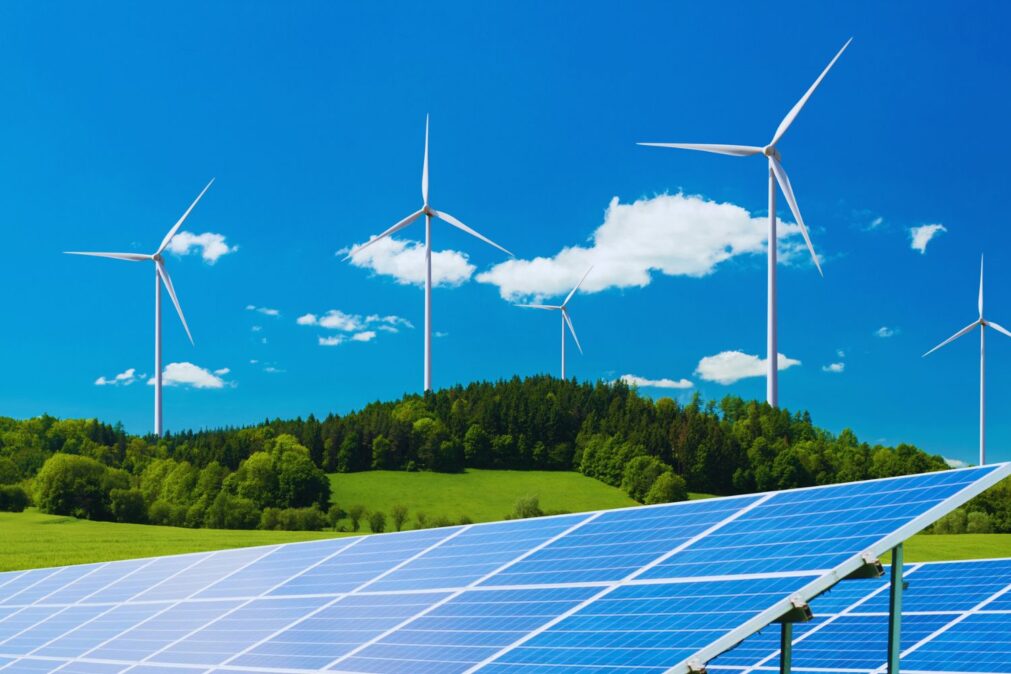1. Defining the Terms
In a world increasingly aware of the impacts of climate change, decarbonization, energy transition, and the adoption of clean energy are key concepts. Decarbonization refers to reducing or eliminating carbon dioxide (CO2) emissions in production and energy processes, a necessary step to combat global warming. The energy transition involves shifting from fossil fuel-based energy sources to renewable alternatives, such as solar and wind, which have a much smaller environmental impact. Clean energy, which encompasses these renewable sources, is vital for a sustainable future and is central to global climate policy discussions.
According to the Intergovernmental Panel on Climate Change (IPCC), accelerating the adoption of clean energies and implementing decarbonization strategies are essential to keep the global temperature rise below 1.5°C above pre-industrial levels. This requires a significant and rapid change in global energy consumption and production patterns.
This scenario is reinforced by the objectives set by the United Nations (UN), which include ambitious emission reduction targets by 2030. Decarbonization and energy transition are not only environmental imperatives but also economic opportunities, driving technological innovations and creating new markets and jobs.
2. The Current State of Global Emissions
Global greenhouse gas emissions have reached alarming levels, with 2023 recording one of the highest volumes of CO2 released into the atmosphere, according to a recent report from the International Renewable Energy Agency (IRENA). This continuous increase signals an urgent need to intensify decarbonization efforts, especially in high-emission sectors like energy, industry, and transportation.
The rise in emissions is driven by the ongoing dependence on fossil fuels and the slow implementation of clean and efficient energy infrastructures. According to IRENA data, over 80% of the energy consumed worldwide still comes from non-renewable sources, a clear indication of the existing challenges in the global energy transition.
Addressing these emissions is not just about implementing new technologies but also overcoming economic, political, and social barriers that keep the world tied to fossil fuels. This requires robust public policies, substantial investments in research and development, and strengthened international cooperation, as highlighted in recent IPCC and UN reports.
3. Decarbonization Strategies
Decarbonization strategies vary and are adapted to the specific contexts of each region and sector. Carbon capture and storage technologies are showing promise, especially for heavy industries and thermal power plants. IRENA’s 2024 report highlights how these technologies can be integrated into existing systems to significantly reduce emissions.
In addition to carbon capture, improving energy efficiency in buildings, industries, and transport is one of the most effective and cost-efficient strategies for emission reduction. According to the latest IPCC report, improvements in energy efficiency could reduce global emissions by up to 40% by 2030.
Case studies from countries like Denmark and Portugal show the success of integrated policies combining incentives for renewable energies, regulations for efficiency improvements, and investments in new technologies. These examples highlight the crucial role of governments in facilitating decarbonization through clear policies and consistent support.
4. Advances in Energy Transition
The role of renewable energies in the energy transition is undeniable. According to IRENA’s 2024 data, the installed capacity of solar and wind energy continues to grow exponentially, reducing dependence on fossil fuels. Innovations in battery technologies and energy storage solutions are allowing greater integration of these intermittent sources into energy systems.
However, significant barriers remain, such as the need for large initial investments and resistance from economically vested interests in fossil fuels. Overcoming these obstacles often requires assertive governmental policies and the development of regulated markets that can encourage private investments in renewable energies.
The transition is also driven by changes in consumer behavior and increasing environmental awareness, pressuring businesses and governments to adopt more sustainable practices. This is a global movement, as shown by recent advances in countries like Germany and Canada, where clean energy already represents a significant portion of the energy mix.
5. The Role of Policy and Legislation
Policies and legislation play a crucial role in shaping decarbonization trajectories and accelerating the energy transition. Reports from IRENA and the IPCC emphasize the importance of robust legislative approaches that include emission reduction targets, incentives for renewable energies, and strict regulations to divest from fossil fuels. Globally, nations are recognizing that effective policies are key to achieving the goals of the Paris Agreement.
For example, the European Union has implemented the European Green Deal, which establishes laws and funding to ensure a fair and efficient transition to a clean economy. This plan includes measures such as carbon pricing, subsidies for renewable technologies, and support for communities economically affected by the transition.
Additionally, national initiatives like the United States’ Clean Energy Incentives Act demonstrate how governments can actively encourage private investment in sustainable technologies. These legislative efforts not only promote the adoption of clean energies but also ensure that the transition is inclusive and provides long-term economic benefits to society as a whole.
6. The Economy of Clean Energy
The transition to clean energy is proving to be not just an environmental necessity but also a vigorous economic force. According to IRENA, the renewable energy sector has already created over 12 million jobs worldwide by 2024, and this number is expected to grow significantly as the energy transition progresses.
The economic impact of clean energy extends beyond job creation; it includes the potential to stabilize energy prices and reduce dependency on fossil fuel imports, crucial for national energy security. Moreover, innovation in renewable technologies is fostering new businesses and services, from green tech startups to large corporations diversifying their energy sources.
Investment and financing in clean energy have also seen exponential growth. Recent reports from the World Bank and other global financial institutions indicate a rising flow of capital into renewable energy projects, driven by a combination of government incentives and growing interest from climate-conscious investors.
7. The Future of Clean Energy and Predictions
Looking ahead, the trajectory of clean energy looks promising. Emerging technologies like green hydrogen and advances in energy storage are defining the next stage of the energy transition. Experts, including those from IRENA and the IPCC, project that the next two decades will see an acceleration in the adoption of these technologies, potentially transforming the global energy landscape completely.
International collaboration will continue to be essential. COP28, held in 2023, established new guidelines for international cooperation on clean energy technologies, emphasizing the importance of sharing knowledge and resources to achieve global emission reduction targets.
Experts also predict that shifting to a low-carbon economy will bring challenges, especially related to managing the transition for communities dependent on fossil fuel industries. However, the global outlook is optimistic, with a growing recognition that the long-term benefits of clean energy far outweigh the initial costs and transition challenges.
8. A Call to Action
The transition to clean energy and decarbonization are, undoubtedly, some of the most significant and urgent challenges we face. Every action counts, and the mobilization of individuals, businesses, and governments is crucial to accelerate this process. By adopting sustainable practices, we not only help protect the planet but also support a more robust and equitable economy.
We encourage everyone to act—whether through conscious consumption choices, support for green policies, or investment in clean technologies. Together, we can ensure a more sustainable and prosperous future for the coming generations.
